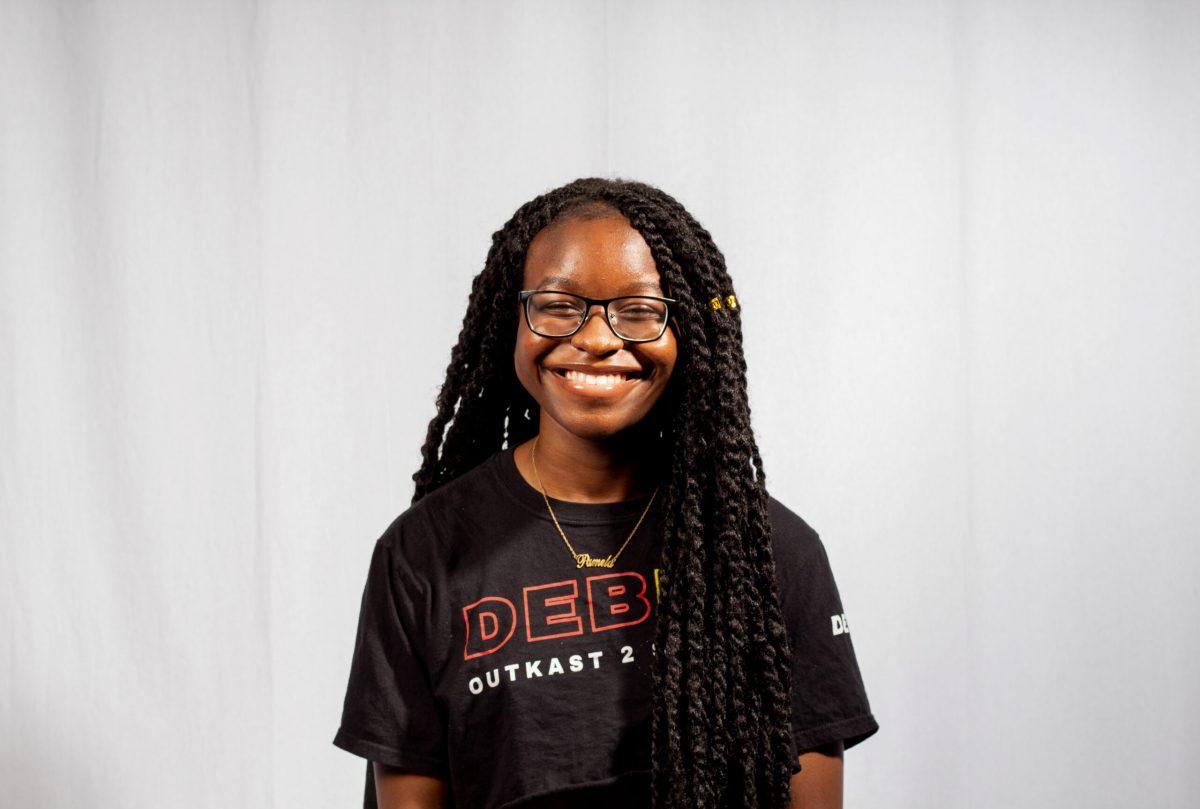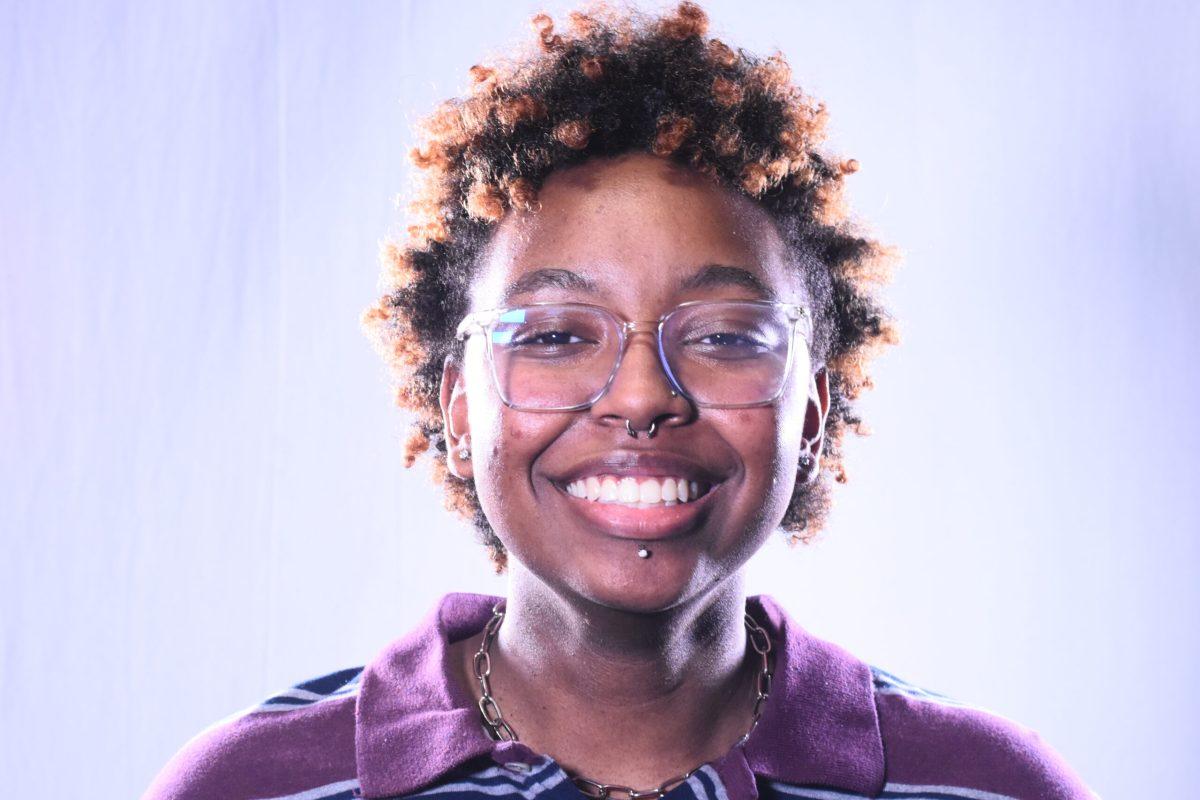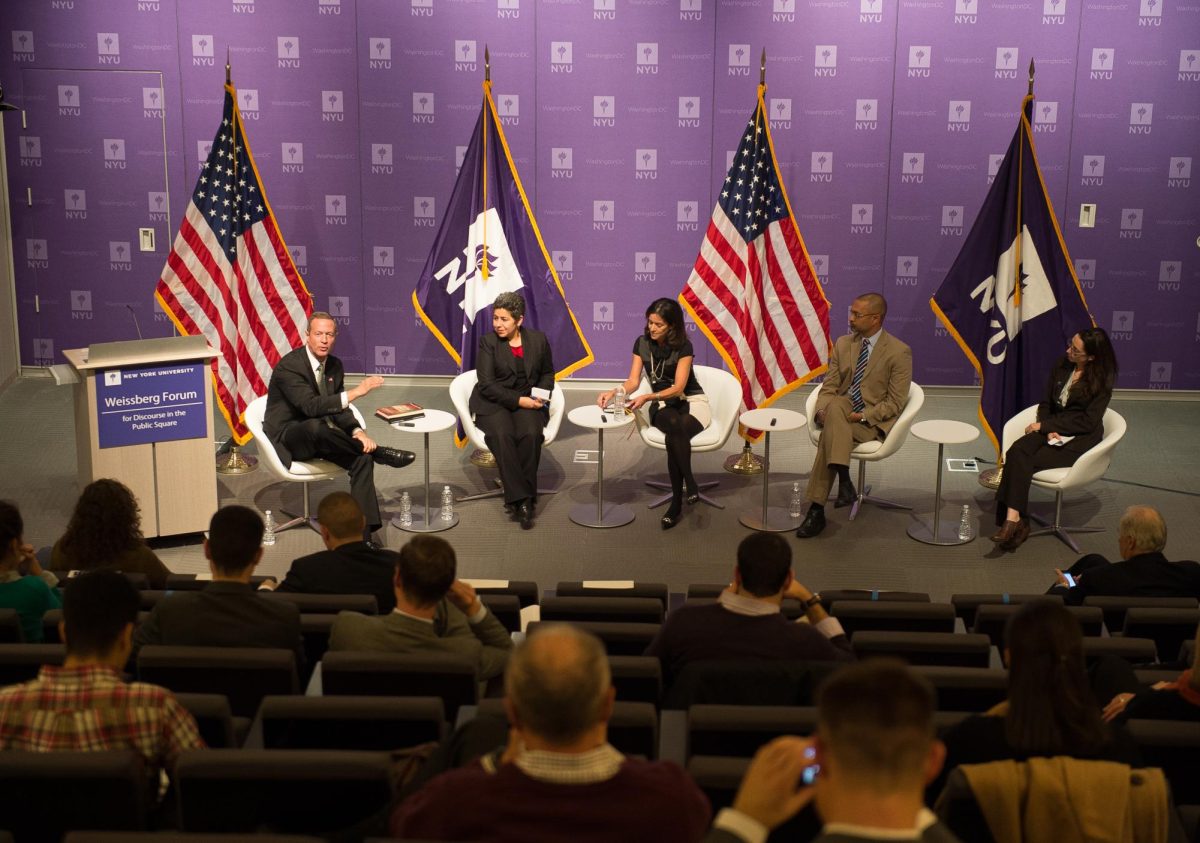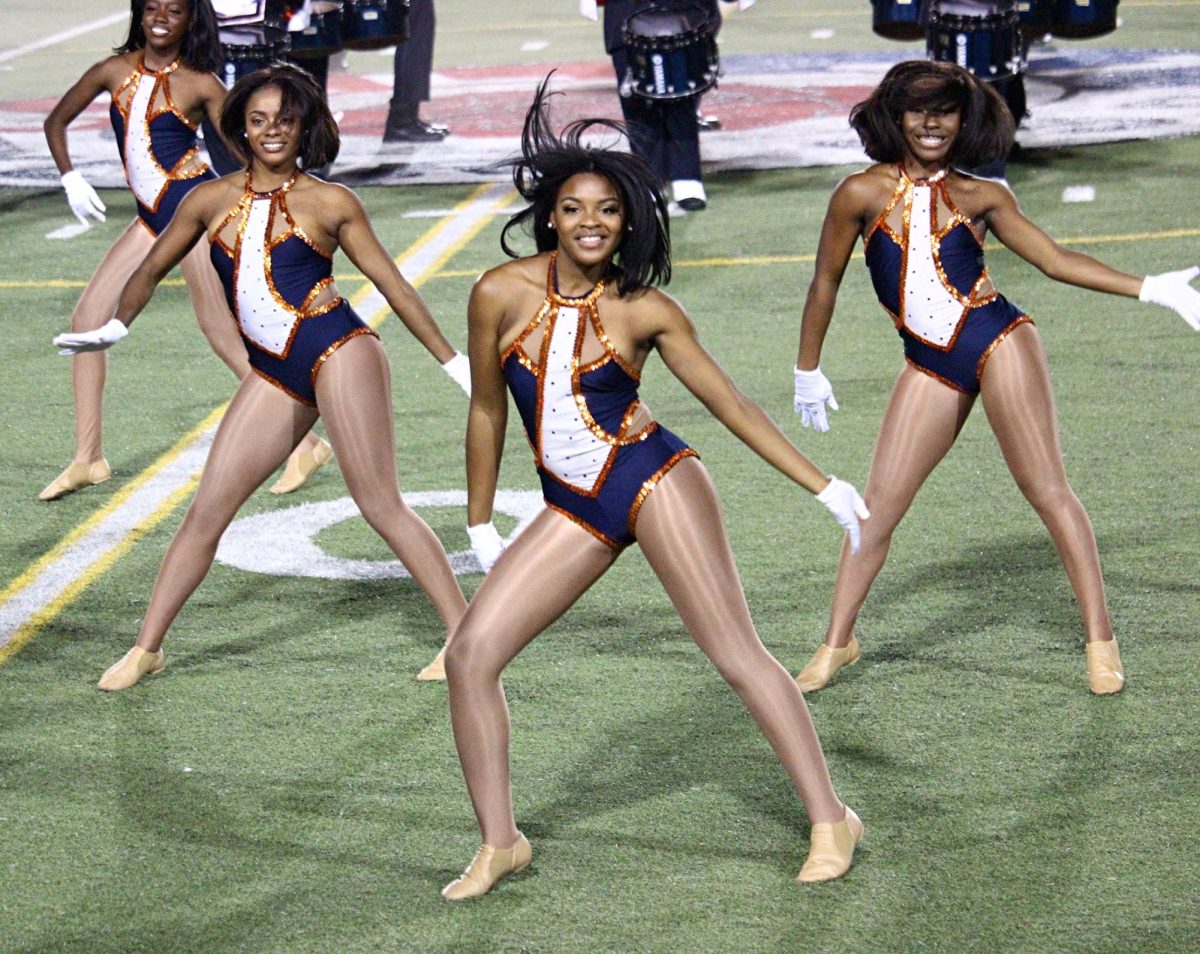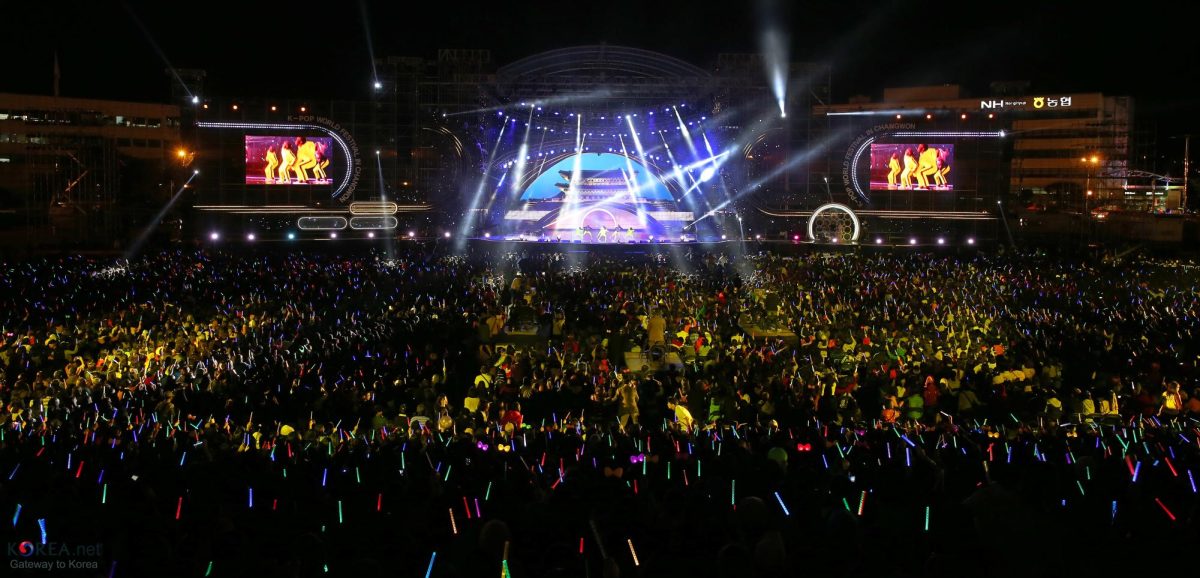Shawn Fredericks | Correspondent
Halloween is coming up y’all, and you know what that means: we have to have a grown person conversation about cultural appropriation, because for some reason people feel entitled to minority cultures and, on Halloween especially, want to express how cool they are by bastardizing and diluting the cultural significance of other people’s cultures.
But plot twist: it’s not just white people.
Okay, so let’s get these fundamentals out the way: blackface is wrong, Dia de los Muertos (Day of the Dead) clothing is wrong and Native American costumes are wrong.
Now why are they wrong? Isn’t culture supposed to mix and spread amongst people to promote diversity and free expression? That’s reasonable to think, however the true dynamics of cultural exchanges are not so black and white (wink, wink).
Take for instance African American culture. Can someone tell me how white people appropriating black culture has led to the uplifting of black people’s social stature in American society?
More specifically, how has the constant exchange, or should I say “transfer,” of black culture to white people lead to a better understanding of the struggles of oppression in communities of color again, more specifically, in the inner city?
People–and no, not just white people, love appropriating our culture. There’s Hispanics using the N-word, East Asians adopting black fashion, and South Asians also using the N word. (I’m looking at you French Montana.) Everyone loves black people when we dance, shuck and jive to a beat. They love it when we tell jokes, or put some of the most beautiful use of the English language in our linguistics and put some of the hardest rhyme schemes in raps that make the OG Dr. Seuss’ head spin.
They love it all, but cannot seem to keep that same energy when it comes to the everyday black person. To show admiration, not for the music or art or culture, but for the greater achievement of being one the greatest survivors of systematic and systemic oppression over the last four hundred years. For that achievement alone, black people should be given the highest of praises and minimal belittling.
However, cultural appropriation bears itself across all different lines, including religious.
Now for a little history lesson: All Hallows Eve, or Halloween as we now know it, comes from an ancient Celtic holiday, Samhain. Christians converted this holiday and it eventually transformed to what we know today as Halloween.
There is, and always was, an unequal power dynamic. These dynamics ultimately come from colonialism. From indigenous people to the slaves, the majority has taken the culture without treating it–or more importantly the people of the culture–with respect.
However, it is not just the majority that practices cultural appropriation. It can occur between minorities, and I believe it is important to highlight this dynamic as well.
Recently, Black African culture has seen resurgence in popularity on the fashion scene. I would celebrate this if it was not for the fact of the egregious misrepresentation of African culture taking place. As Journalist Zipporah Gene articulates perfectly in the magazine Those People, “I’m not trying to start a war, but I would just like you all to realize the hypocrisy of seeing someone wearing a Fulani septum ring, rocking a djellaba, painted with Yoruba-like tribal marks, all the while claiming that this is meant to be respectful. It’s a hodgepodge, a juxtaposition, a right mess of regional, ethnic and cultural customs and it screams ignorance and cultural insensitivity.”
I make this point to say yes, without proper consideration we can offend and misrepresent a culture, and that there are power dynamics to cultural exchanges.
For the modern-day person, especially one who belongs to the majority, to be an active participant in culture, you have due diligence to approach different cultures with the respect they deserve what is cool to you may be sacred to others.
Culture is not a commodity. Culture is the essence of a people, their energy, their vibe and their wave, manifested in the physical realm. So be active and be responsible when engaging in cultural exchange, and make sure your participation is not to the detriment of people of the culture.


